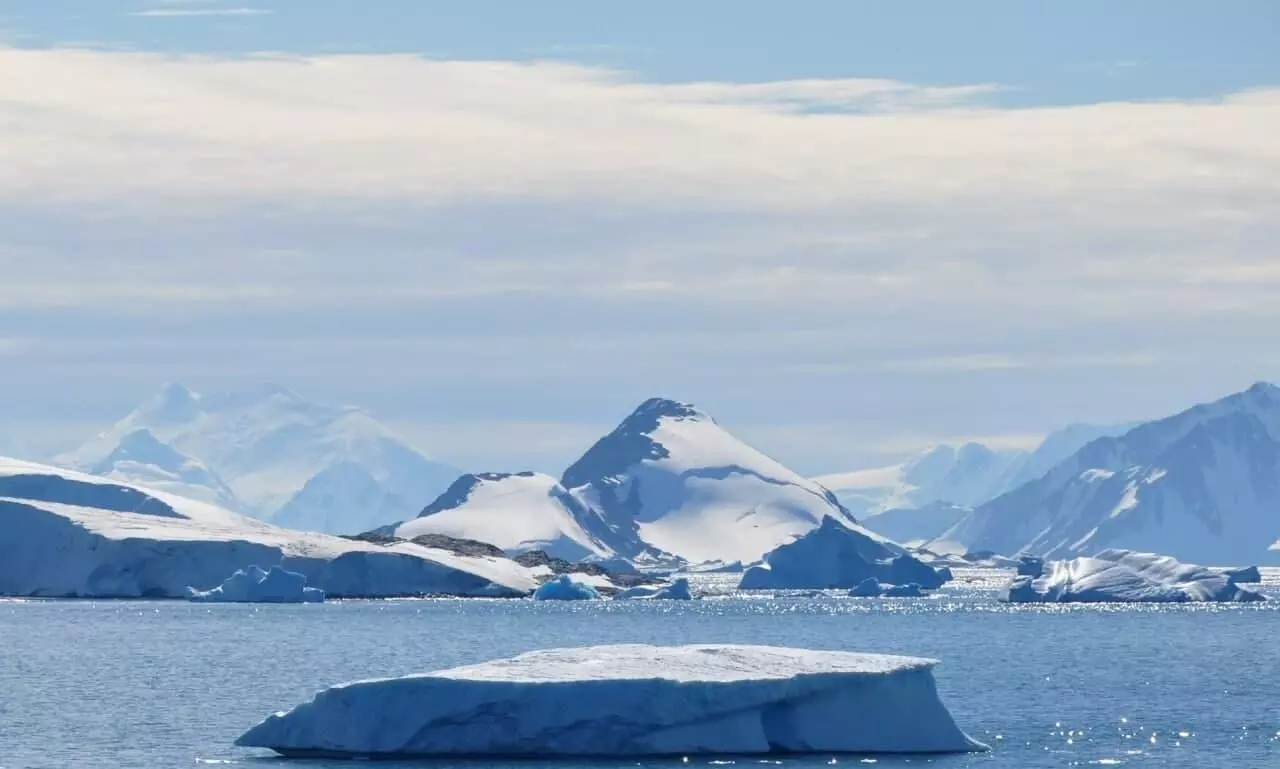
Rate of ice-melting in Antarctica is not consistent: Study
text_fieldsAccording to a study published in the journal Geophysical Research Letters, Antarctica's ice melts at different rates each year and not consistently implying that scientists will now have to readjust the previous models used to predict the rise in sea level.
The research, which was presented at the American Geophysical Union's fall meeting in December, made use of the data from NASA's GRACE (Gravity Recovery and Climate Experiment), a two-satellite mission that measures changes in the world's oceans, groundwater and ice sheets.
"The ice sheet is not changing with a constant rate… it's more complicated than a linear change," said Lei Wang, lead author and Assistant Professor at the Ohio State University in the US.
Models suggesting sea level rise are usually built on the assumption that the melting of ice in the world's largest ice fields, Antarctica and Greenland, happens at a consistent rate which has now been proved wrong in this study.
The study shows that those projections are no longer much reliable since it has now been found that the mass of ice on the Antarctic Ice Sheet changes depending on the season and year. Heavy snowfall in a year or less snow the next will affect the amount of ice in Antarctica.
The researchers said that though the overall volume of ice in Antarctica is decreasing, a chart of the decline on a line graph would have spikes and valleys depending on what happened in a given period.
To study these changes, the researchers evaluated the data on the gravitational field between the satellites over Antarctica and ice on the continent which showed that changes to the ice mass, both in the case of an increase in snowfall or decrease because of a melt, changed that gravitational field.
"I am not saying Antarctica's ice melt is not an acute problem; it is still very acute. All of Antarctica is losing mass, very rapidly. It's just a time scale problem and a rate problem, and our models that predict sea-level change should reflect that", said Wang.






















